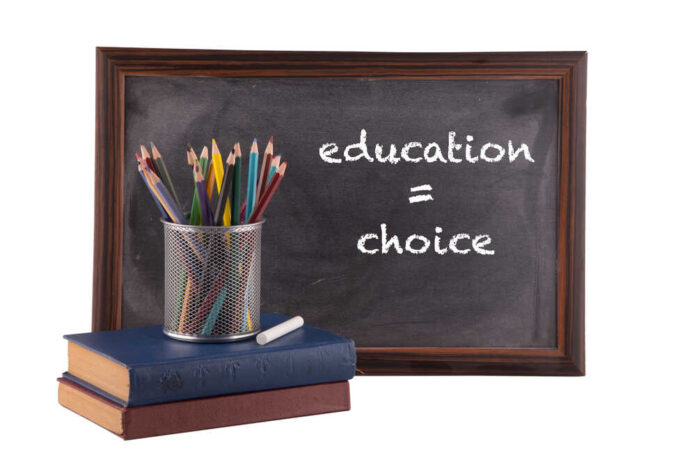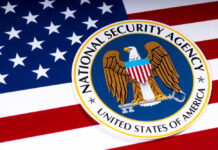
(Patriot.Buzz) – In a significant legal win for school-choice advocates seeking educational freedom, the Wisconsin Supreme Court recently decided not to hear a lawsuit challenging the state’s private school-choice programs, potentially setting the stage for the case to proceed in a lower court.
Last month, the court requested amicus briefs from involved parties to articulate reasons for either progressing or halting the litigation. Ultimately, the court declined the case without elaboration through an unsigned order, compelling the plaintiffs to refile in a county circuit court.
The Wisconsin Institute for Law and Liberty (WILL), poised to defend the school-choice program in lower courts, lauded the Supreme Court’s decision. Rick Esenberg, President and General Counsel of WILL, expressed relief, stating, “Wisconsin’s parental choice programs have been instrumental in providing educational freedom and better academic outcomes to thousands of Wisconsin families.” He criticized the petition filed with the state Supreme Court as fraught with flawed legal arguments and pledged WILL’s readiness to defend the programs if necessary.
WILL submitted its amicus brief to the state Supreme Court on November 13 and also filed a motion to intervene on behalf of 22 clients, including parents of students attending choice and charter schools. In a statement, Esenberg shared his belief that the original action lacked sufficient merit for consideration at the state’s highest judicial level. He cautioned that a different ruling could have led to profound implications for the state’s school finance and public policy.
A progressive interest group initially brought the lawsuit to the Wisconsin Supreme Court in mid-October. The plaintiffs, comprising concerned citizens, parents, and taxpayers, argue that the laws funding the state’s school-choice and voucher programs are unconstitutional. They contend these programs divert funds from public school districts, violating the Wisconsin constitution’s public-purpose requirement and uniform taxation clause.
The Minocqua Brewing Company Super PAC backs the legal challenge by claiming that the legislature and various choice programs created revenue limits, unlawfully redirecting funds. The revenue limit allegedly restricts school districts’ ability to raise funds through property taxes.
Democratic activist Kirk Bangstad, who operates and funds the super PAC, did not respond to requests for comment but did publicize the inquiry on his brewery’s Facebook page with a mocking graphic.














